To provide the best experiences, we use technologies like cookies to store and/or access device information. Consenting to these technologies will allow us to process data such as browsing behaviour or unique IDs on this site. Not consenting or withdrawing consent, may adversely affect certain features and functions.
The technical storage or access is strictly necessary for the legitimate purpose of enabling the use of a specific service explicitly requested by the subscriber or user, or for the sole purpose of carrying out the transmission of a communication over an electronic communications network.
The technical storage or access is necessary for the legitimate purpose of storing preferences that are not requested by the subscriber or user.
The technical storage or access that is used exclusively for statistical purposes.
The technical storage or access that is used exclusively for anonymous statistical purposes. Without a subpoena, voluntary compliance on the part of your Internet Service Provider, or additional records from a third party, information stored or retrieved for this purpose alone cannot usually be used to identify you.
The technical storage or access is required to create user profiles to send advertising, or to track the user on a website or across several websites for similar marketing purposes.
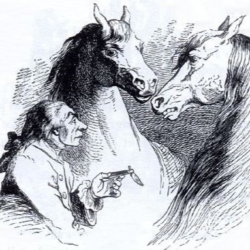 Gulliver’s Travels is one of those books we assume we know. But what we tend to recall is some stuff about Lilliput, giants, talking horses and possibly something about scientists trying to extract sunbeams from cucumbers. It’s really about one man’s descent into disillusion with the human race. It is acerbic, occasionally tediously detailed, and offers insight into some aspects of the human condition, which makes it timeless. (more…)
Gulliver’s Travels is one of those books we assume we know. But what we tend to recall is some stuff about Lilliput, giants, talking horses and possibly something about scientists trying to extract sunbeams from cucumbers. It’s really about one man’s descent into disillusion with the human race. It is acerbic, occasionally tediously detailed, and offers insight into some aspects of the human condition, which makes it timeless. (more…)




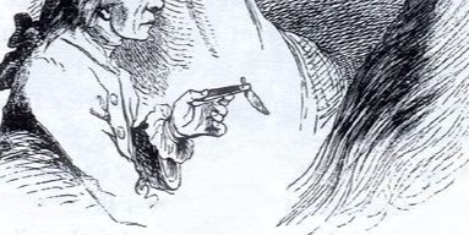
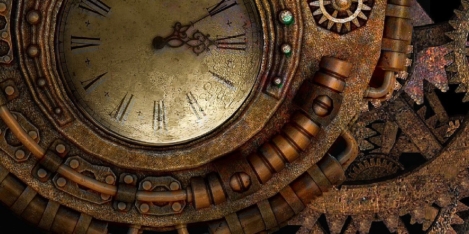

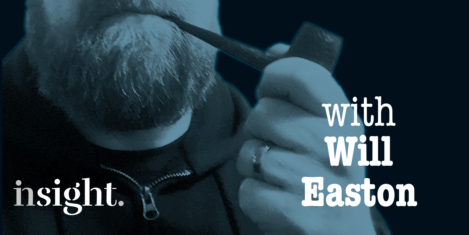
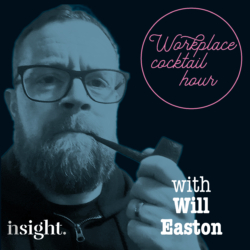
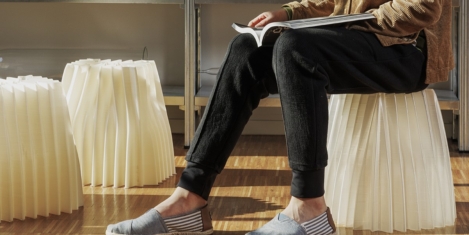
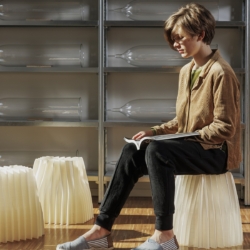






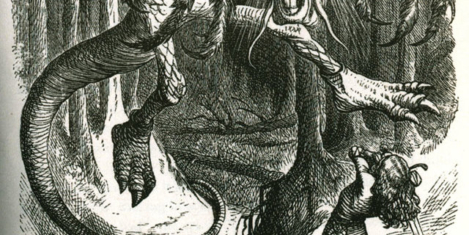




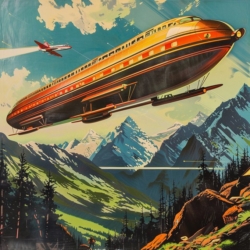
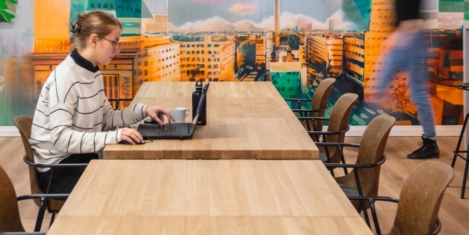
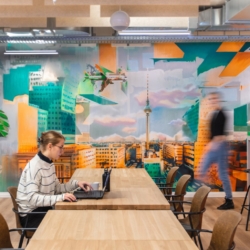









June 10, 2024
What happens to work when the machine stops?
by Mark Eltringham • Comment, Flexible working, Technology
In 1909, E M Forster – not exactly known for a body of work replete with dystopian fiction – published a novella called The Machine Stops. You can read it here but the story describes a future in which people live below ground, in isolation but with all their needs met by an omnipresent Machine (you can see where this is going). (more…)